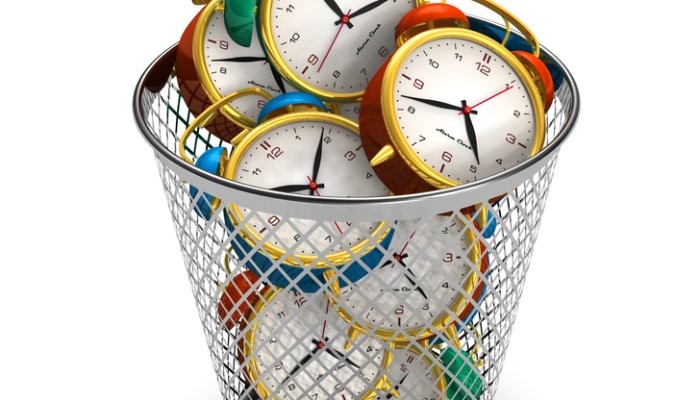
Waste Of Time
In my last post, https://www.linkedin.com/pulse/time-money-samy-mardolker, I wrote about how time has become an increasingly scarce and therefore invaluable resource. It is not at all surprising that products and services that offer to ‘save time’ will continue to be in demand.
The outcomes of using technology to enable time-saving are seen everywhere….in our hands, with the ‘Apps’ achieving time-saving by making various services available with a thumb-swipe and push. Our research also suggests that making more effective use of time was one of the top New Year resolutions.
Since time-saving has becomes a buzz word, a song titled ‘Waste of Time’ from a recent Bollywood blockbuster caught my attention. The song (https://www.youtube.com/watch?v=KNZ4oPIlZ9M) describes various activities the lead character engages to woo his partner. The character claims these activities may seem like mindless waste of time but actually are very enjoyable! It may not be too difficult to see that the underlying feeling driving his enjoyment is the ‘anticipation’ of reciprocation of love. Being ‘blind in love’ likely made him expect a positive outcome making those ‘anticipatory’ moments pleasurable.
This made me wonder: Besides matters of the heart, when else do we mindlessly ‘waste’ time and draw a lot of pleasure in the process? More important, besides ‘anticipation’, what other feelings or motivations may swing our irrational minds to give more time to brand experiences than necessary and yet enjoy them in new ways?
Clearly, instances when consumer are seen to ‘waste’ time will soon disappear thanks to technology! Before they become ‘extinct’, could it not be worthwhile to identify them and unearth more feelings or motivations like ‘anticipation’? The more I think about this, the more I am convinced that understanding the motivations behind ‘waste-of-time-instances’ may yield powerful platforms to springboard innovation. I can explain further with an example:
Let us think about the motivations of theatre performance enthusiasts who apparently ‘waste’ a lot of time in travelling, queuing and waiting for performances to start – and yet very often, don’t feel the pain and have a memorable experience. Perhaps, one of the underlying motivation is the joy of watching a ‘live’ performance. Another, possibly the pleasure of good company. Using these motivations as triggers a brand like Netflix could find new ways for their customers to enjoy its services e.g. one premier show on Netflix where main actors perform the best scenes (or most requested scenes) live after you have viewed the movie. Such innovation pathways are beyond the traditional which likely focus on how to make things more convenient and efficient for their customers – from faster streaming to superior algorithms to recommend movies.
Join us at the ESOMAR conference in Singapore (http://www.esomar.org/events-and-awards/events/global-and-regional/asia-pacific-2015/asia-pacific-2015_programme.php) where we will take this discussion further.
Partner - Global Executive Search - Consulting, Digital, AI, Automation | We Place the Top 15% of Consulting Business & Tech Talent | 96% Retention
9yI like your stuff. The most amazing thing about Time, is that we are all time equal. Its the only even playing field we have.
Editor-in-Chief, Business Goa, Startup Nation, My Goa, Business Leader
9yLoved this piece. Keep writing Samy Mardolker